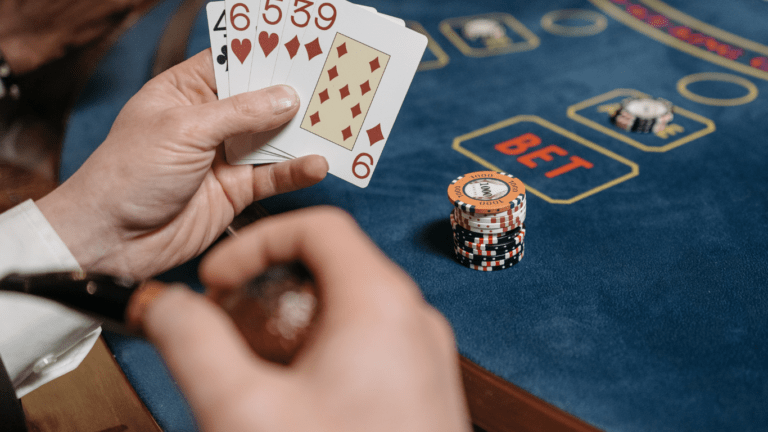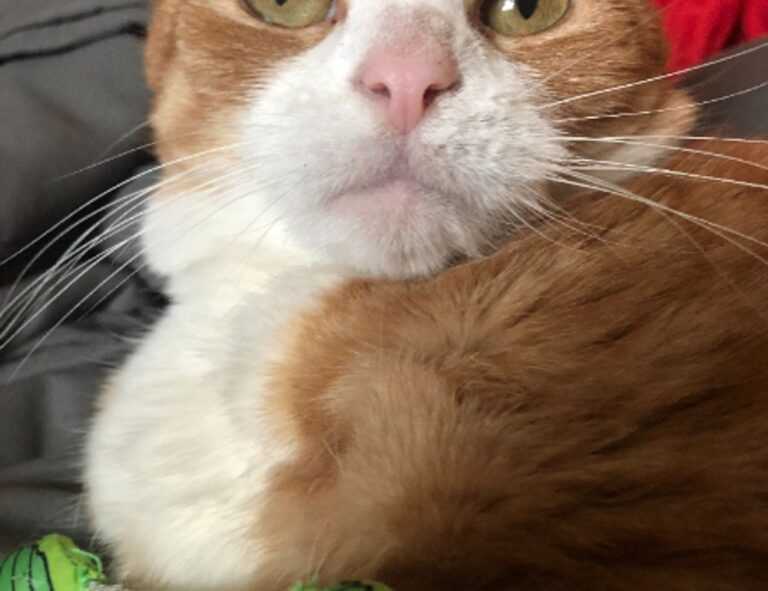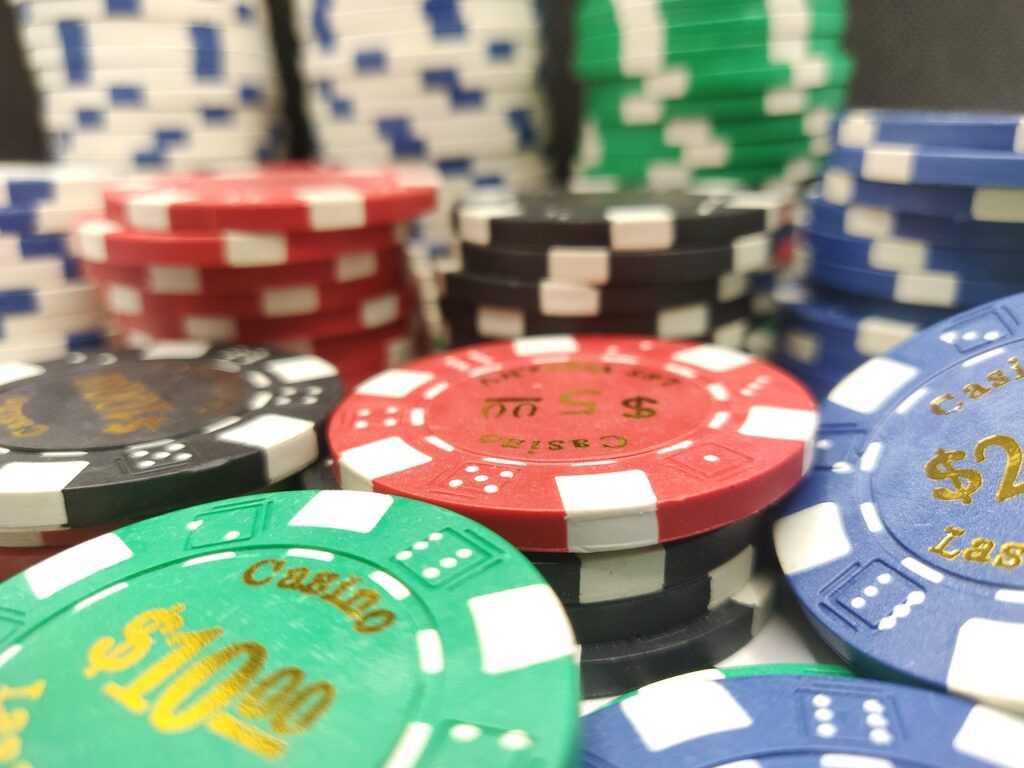For decades, gamblers had to take the house at its word. When the dealer hit 21 five times in a row or your online slot missed by a pixel, the fallback response was always the same: “It’s just chance.” But what if it wasn’t? Or more precisely, what if you could verify it was?
Provably fair gambling powered by blockchain does just that. In this new world, fairness isn’t claimed. It’s coded, recorded, and publicly verifiable. And for the first time in gambling’s long and controversial history, the player holds the receipt.
The Rise of Transparency: Why New Casinos Are Embracing Blockchain
It’s no coincidence that newer casinos are adopting blockchain mechanics like their lives depend on it, because in a crowded market full of copy-paste operators and cookie-cutter interfaces, transparency is the new edge.
This is a particularly attractive proposition for players who are skeptical of legacy casinos or tired of systems they can’t understand, let alone audit. Sites like https://www.casinospesialisten.net/nye-casinoer showcase emerging platforms that are leveraging blockchain to level the playing field.
In these casinos, fairness isn’t hidden behind proprietary RNGs (Random Number Generators) or mysterious third-party certifications. It’s right there, in the open, embedded in smart contracts and hashed algorithms, waiting for anyone to inspect.
And people are inspecting. Because nothing says confidence like radical openness.
What Provably Fair Actually Means (And Why It Matters)
When a game is provably fair, you can independently confirm both before and after you play that the result wasn’t rigged.
It works like this:
- The casino generates a server seed, which is a long string of random characters (think of it like the house’s secret number).
- You contribute a client seed
- A cryptographic algorithm combines the two
- The result is your game’s outcome that’s completely unique, mathematically sound, and traceable.
Before the game starts, the casino provides you with a hash of their server seed. It’s encrypted and irreversible, like sealing a letter in a glass box. After the game ends, they show you the actual seed, and you can hash it yourself to confirm it matches what they originally gave you.
No changes. No cheats. No “oops.” The brilliance of this method is that neither side can influence the outcome once the process begins. You both lock in your parts. The game plays out. And the math does the rest.
It’s like playing blackjack in a glass room, where every shuffle, deal, and draw is visible from every angle.
How Blockchain Ensures Fairness Verification
While provably fair games existed before blockchain entered the scene, crypto tech took it from a niche curiosity to a trust revolution. This is because blockchain is:
- Once data is recorded, it cannot be altered. No ifs, buts, or developer backdoors.
- There’s no central authority pulling strings. The code executes autonomously.
- Publicly accessible. Anyone can inspect the ledger, run the math, or verify results.
- You don’t need to believe in a brand, you just need to believe in math.
This creates a gameplay environment that’s bulletproof. You can verify the calculations used if a slot machine game indicates that your chances of winning that bonus were 1 in 20. You may check the seeds, calculate the numbers, and determine whether or not a dice roll was valid if it seems odd. And since all of it lives on the blockchain, it’s available forever, not buried in some company’s server room behind six passwords and a wall of legalese.
Smart Contracts: Fairness Written in Stone
Here’s where things get more interesting. It’s not just the game results that are on-chain. In many top blockchain casinos, the entire game logic is encoded in a smart contract.
A smart contract is a self-executing program that runs exactly as written. No human intervention. No room for manipulation. It’s casino rules carved into digital granite.
Let’s say a casino offers a roulette game where your bet gets doubled if the number is even. The smart contract will include:
- A way to receive your crypto bet
- A provably fair RNG function
- A payment routine based on the result
Once the bet is placed, the contract runs. You win or lose. If you win, the smart contract sends your payout automatically, without the casino ever touching it. You don’t need to chase support. You don’t need to screenshot your screen or beg someone in customer service. The code takes care of everything.
Real-World Use Cases: Casinos That Are Already Doing It
Casinos like Stake, BC.Game, TrustDice, and Rollbit are already showcasing the power of provably fair gaming with blockchain mechanics. They offer:
- On-chain verification tools so players can audit their own results.
- Public codebases showing how their smart contracts work.
- Live odds tracking so players can see real-time changes and how the outcomes align.
Some even allow custom game creation, where users can design their own randomness, rules, and payouts, turning players into game designers and stakeholders. And more platforms are launching every month, especially in jurisdictions with crypto-friendly policies. For many of these operators, transparency isn’t a feature. It’s the business model.
Looking Ahead: The Future of Fairness in Gaming
What comes next, then? Though they are still in their infancy, blockchain-based provably fair mechanisms are clearly on the rise. We’re seeing:
- Tools for cross-platform verification that enable you to view results from several casinos in one location.
- Players can vote on modifications to the game’s rules in Decentralized Autonomous Organizations (DAOs).
- Community-run casinos, owned and governed by their users.
- On-chain reputation systems, where both casinos and players earn trust scores based on behavior.
We’re not just talking about fair games. We’re talking about fair ecosystems, where everything, from the payout logic to the customer service, is transparent, verifiable, and built with the player in mind.
Final Thoughts
We used to ask, “Can I trust this casino?” Now we ask, “Can I verify this casino?” That’s the shift blockchain-based provably fair mechanics have created. A shift from blind belief to confident participation. From opaque systems to glass-box gaming. From house control to shared control.
And in this new world of emerging casinos, players are finally not just along for the ride. They’re co-pilots.













































































































































































































































































































































































































































































































































































































































































































































































































































































































































































































































































































































































































































































































































































































































































































































































































































































































































































































































































































































































































































































 Allen Allen – Cryptocurrency & Tech Specialist
Allen Allen is the tech and blockchain expert at Casino Beyond Hub, specializing in the intersection of gambling and emerging technologies. With a background in fintech and cybersecurity, Allen explores topics such as blockchain integration in casinos, the rise of crypto gambling platforms, and digital security measures. His in-depth knowledge helps readers understand how technological advancements are reshaping the gambling industry, from decentralized betting to AI-powered casino games. He is passionate about making complex tech concepts accessible to a broad audience.
Allen Allen – Cryptocurrency & Tech Specialist
Allen Allen is the tech and blockchain expert at Casino Beyond Hub, specializing in the intersection of gambling and emerging technologies. With a background in fintech and cybersecurity, Allen explores topics such as blockchain integration in casinos, the rise of crypto gambling platforms, and digital security measures. His in-depth knowledge helps readers understand how technological advancements are reshaping the gambling industry, from decentralized betting to AI-powered casino games. He is passionate about making complex tech concepts accessible to a broad audience.
